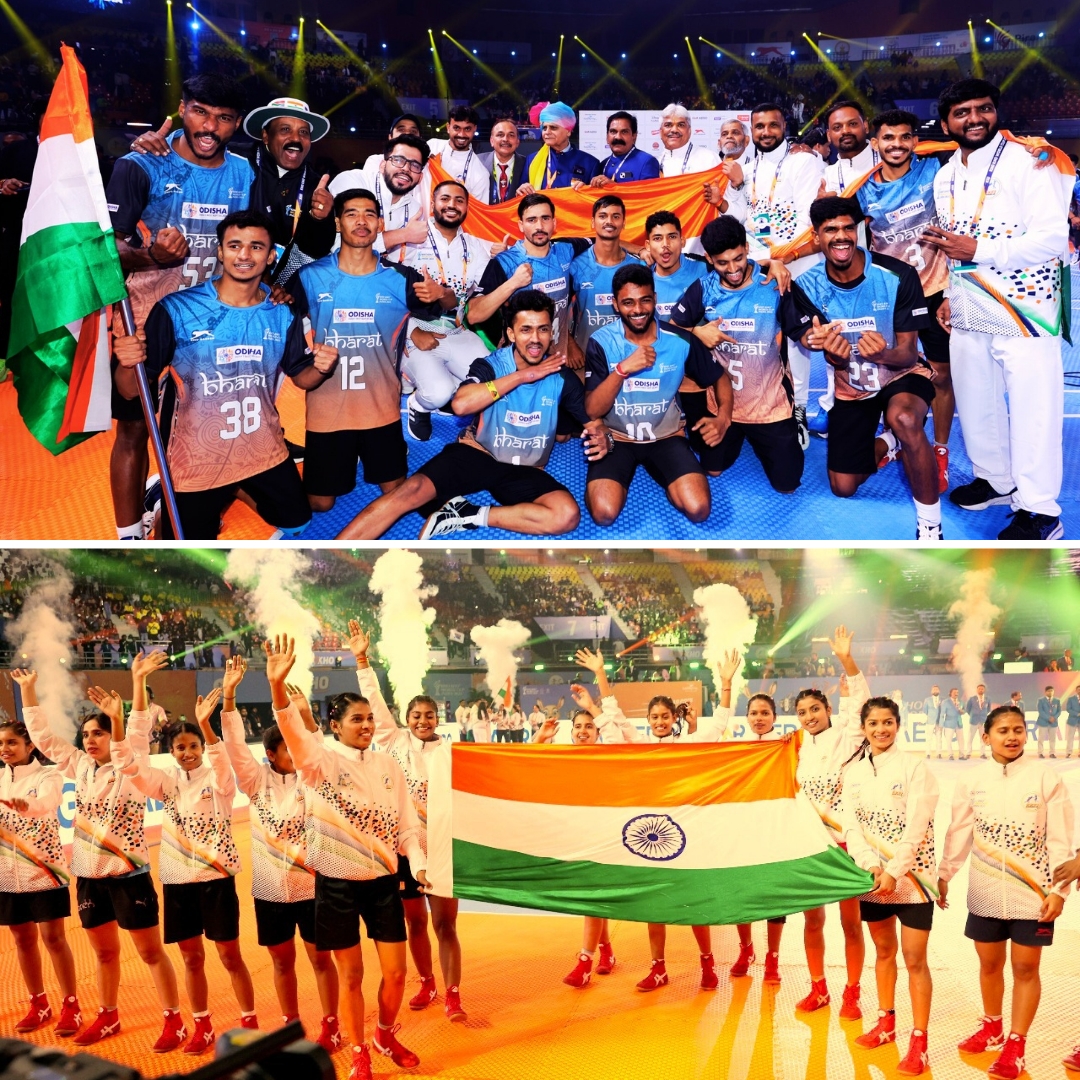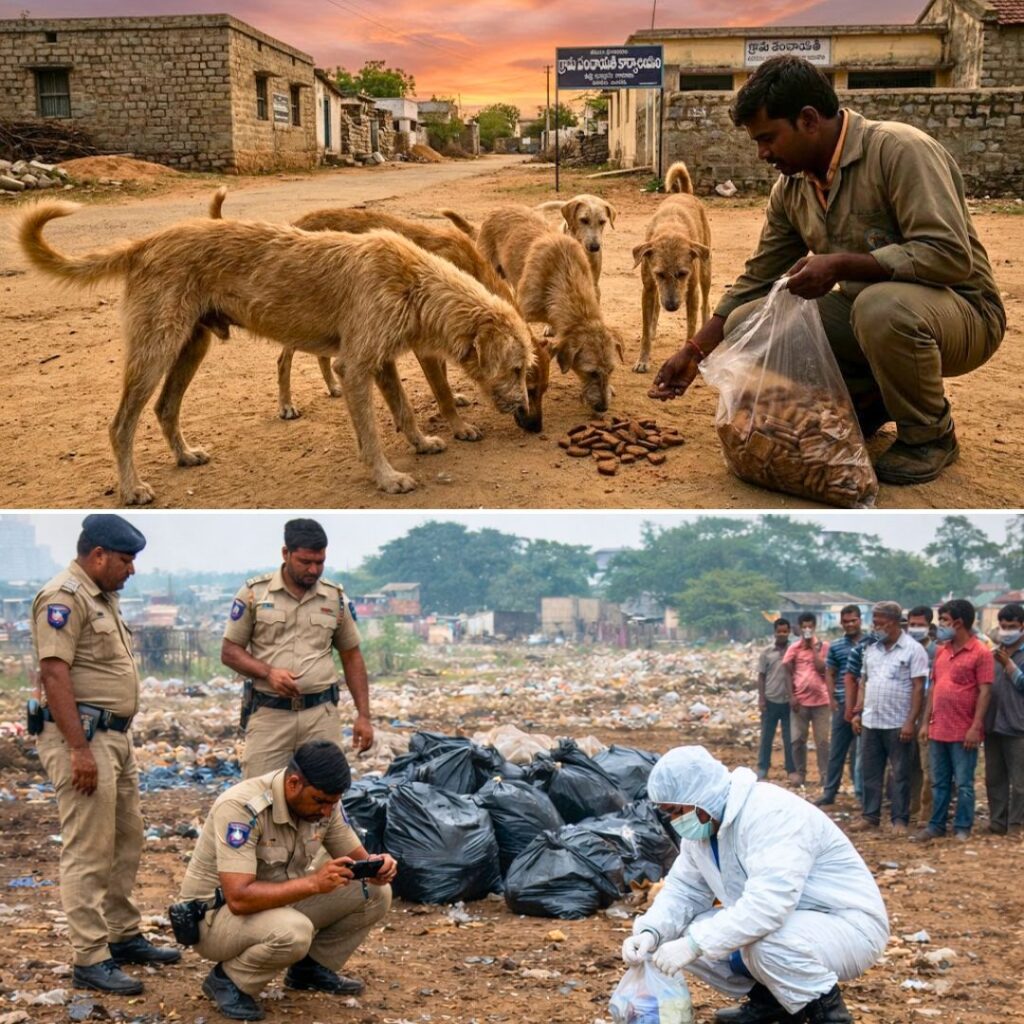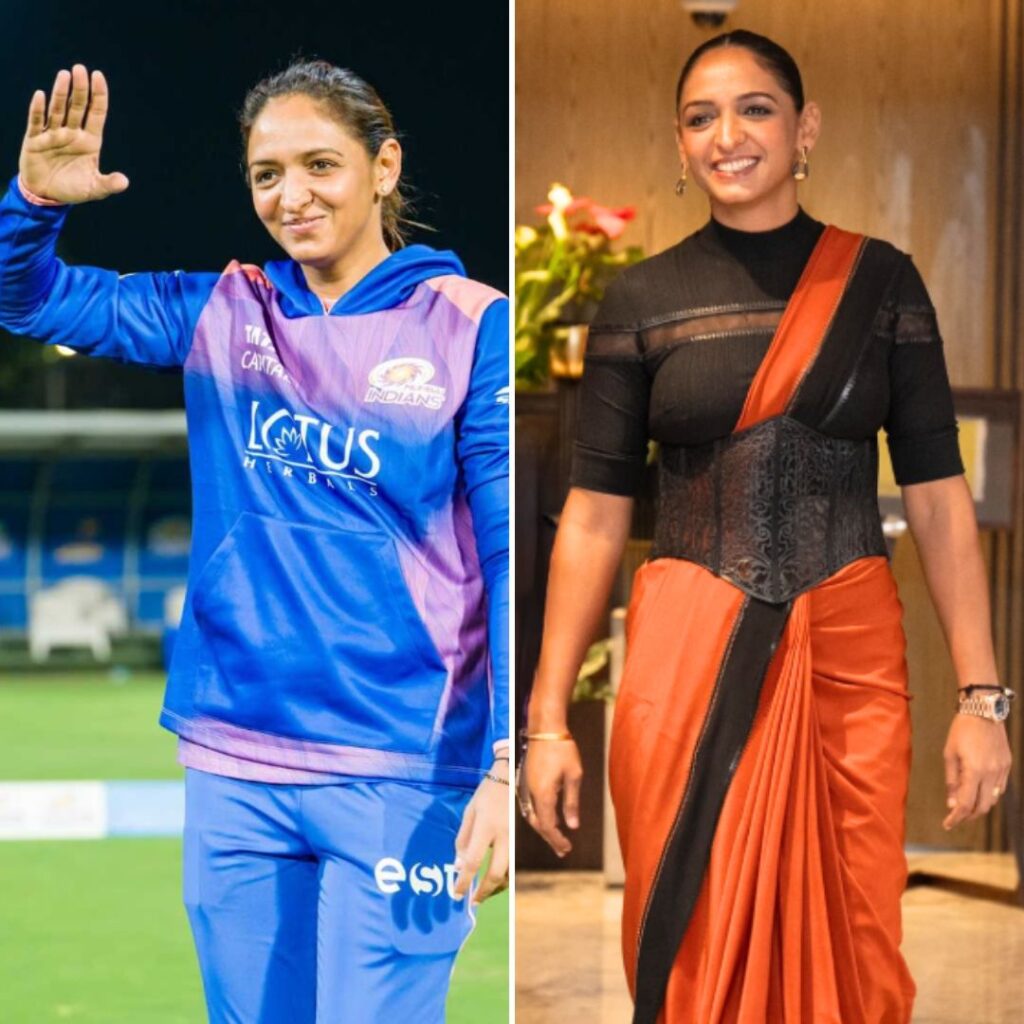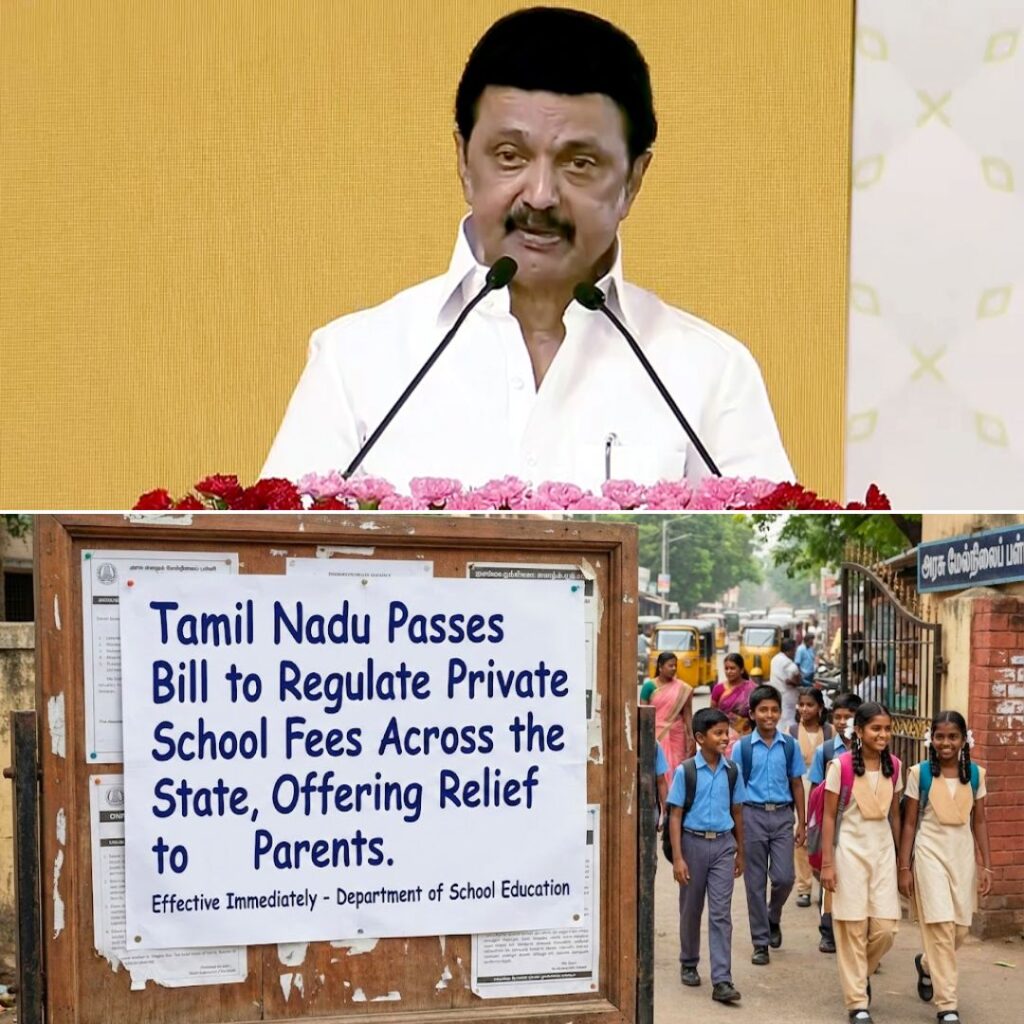The Indian women’s and men’s national Kho Kho teams clinched their first-ever World Cup titles on January 19, 2025, defeating Nepal in spectacular fashion at the Indira Gandhi Indoor Stadium in New Delhi, marking an unprecedented moment in the sport’s history.
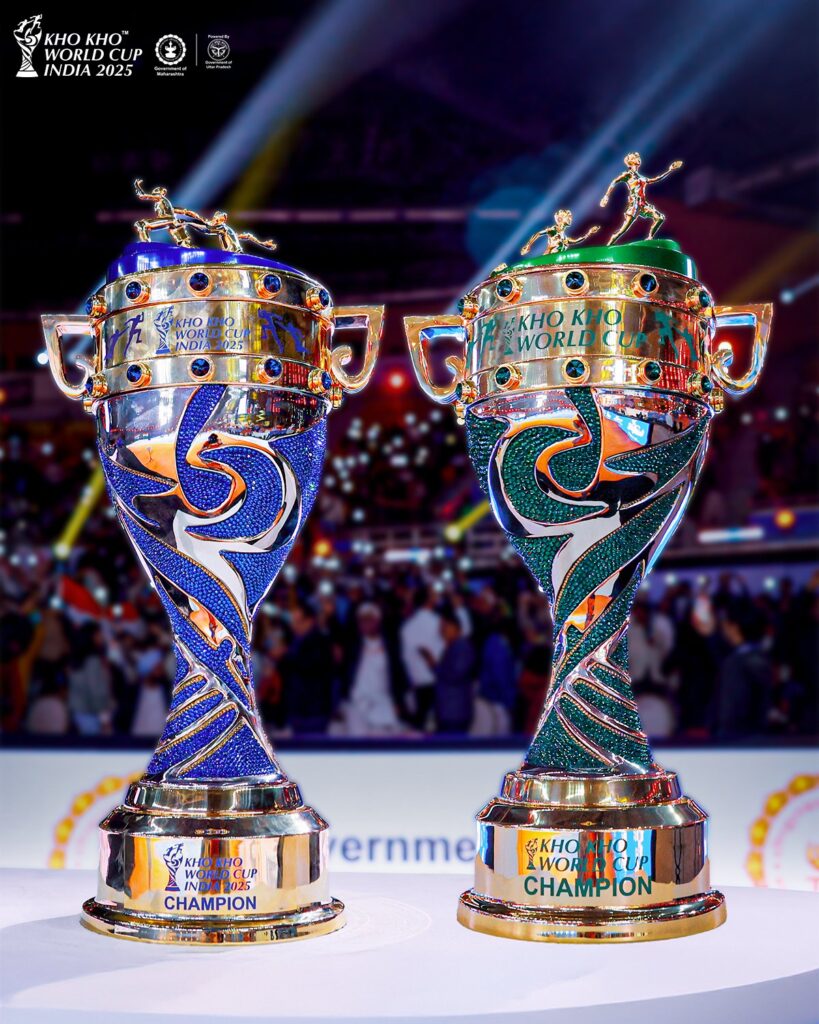
Champions of Speed and Strategic Brilliance
The women’s team, led by captain Priyanka Ingle, secured a commanding 78-40 victory, showcasing exceptional tactical prowess. B Chaithra’s game-changing Dream Run in Turn 4 was particularly noteworthy, systematically outmaneuvering opponents from South Korea, Iran, Malaysia, Bangladesh, and South Africa.
Tournament Comprehensive Statistics
- Total Teams: 39 (20 men’s, 19 women’s)
- Tournament Duration: January 13-19, 2025
- Women’s Winning Score: 78-40
- Men’s Winning Score: 68-45
- Key Players:
- Priyanka Ingle (Women’s Captain)
- B Chaithra (Women’s Strategic Player)
- Men’s Team Captain (To be updated)
- Venue: Indira Gandhi Indoor Stadium, New Delhi
National Recognition and Sporting Significance
Prime Minister Narendra Modi celebrated the historic achievement with an emphatic tweet for the women’s team:
“Congratulations to the Indian women’s team on winning the first-ever Kho Kho World Cup! This historic victory is a result of their unparalleled skill, determination and teamwork.”
Congratulations to the Indian women’s team on winning the first-ever Kho Kho World Cup! This historic victory is a result of their unparalleled skill, determination and teamwork.
— Narendra Modi (@narendramodi) January 19, 2025
This triumph has brought more spotlight to one of India’s oldest traditional sports, inspiring… pic.twitter.com/5lMftjZB5Z
For the men’s team, Modi added: “Incredibly proud of Indian Men’s Kho Kho team for winning the Kho Kho World Cup title. Their grit and dedication is commendable. This win will contribute to further popularising Kho Kho among the youth.”
Today’s a great day for Indian Kho Kho.
— Narendra Modi (@narendramodi) January 19, 2025
Incredibly proud of Indian Men's Kho Kho team for winning the Kho Kho World Cup title. Their grit and dedication is commendable. This win will contribute to further popularising Kho Kho among the youth. pic.twitter.com/OvzUV6SpX0
Team Insights
Captain Priyanka Ingle shared exclusively, “Our victory is not just about winning a tournament, but about proving the potential of traditional Indian sports. Every player brought extraordinary commitment to this moment.”
The Logical Indian’s Perspective
This unprecedented double victory transcends mere sporting achievement—it represents a powerful narrative of national pride, women’s empowerment, and the revival of traditional Indian sports. The Indian Kho Kho teams’ commanding wins not only clinch the inaugural World Cup but also challenge stereotypes, showcase athletic capabilities, and bring national attention to an indigenous sport deeply rooted in our cultural heritage.
How can we transform this momentous victory into a sustained movement for promoting traditional sports, creating robust sporting ecosystems that nurture grassroots talent, and ensuring that indigenous games like Kho Kho receive the recognition, investment, and support they deserve to flourish on the global stage?
Undefeated World Champions! 🇮🇳
— Dr Mansukh Mandaviya (@mansukhmandviya) January 19, 2025
Heartiest congratulations to the India Women's Kho Kho team for winning the inaugural #KhoKhoWorldCup
Your hard work, determination and teamwork have brought immense pride to the nation.
Best wishes to the entire team for this historic… pic.twitter.com/xzGssSgKcL


